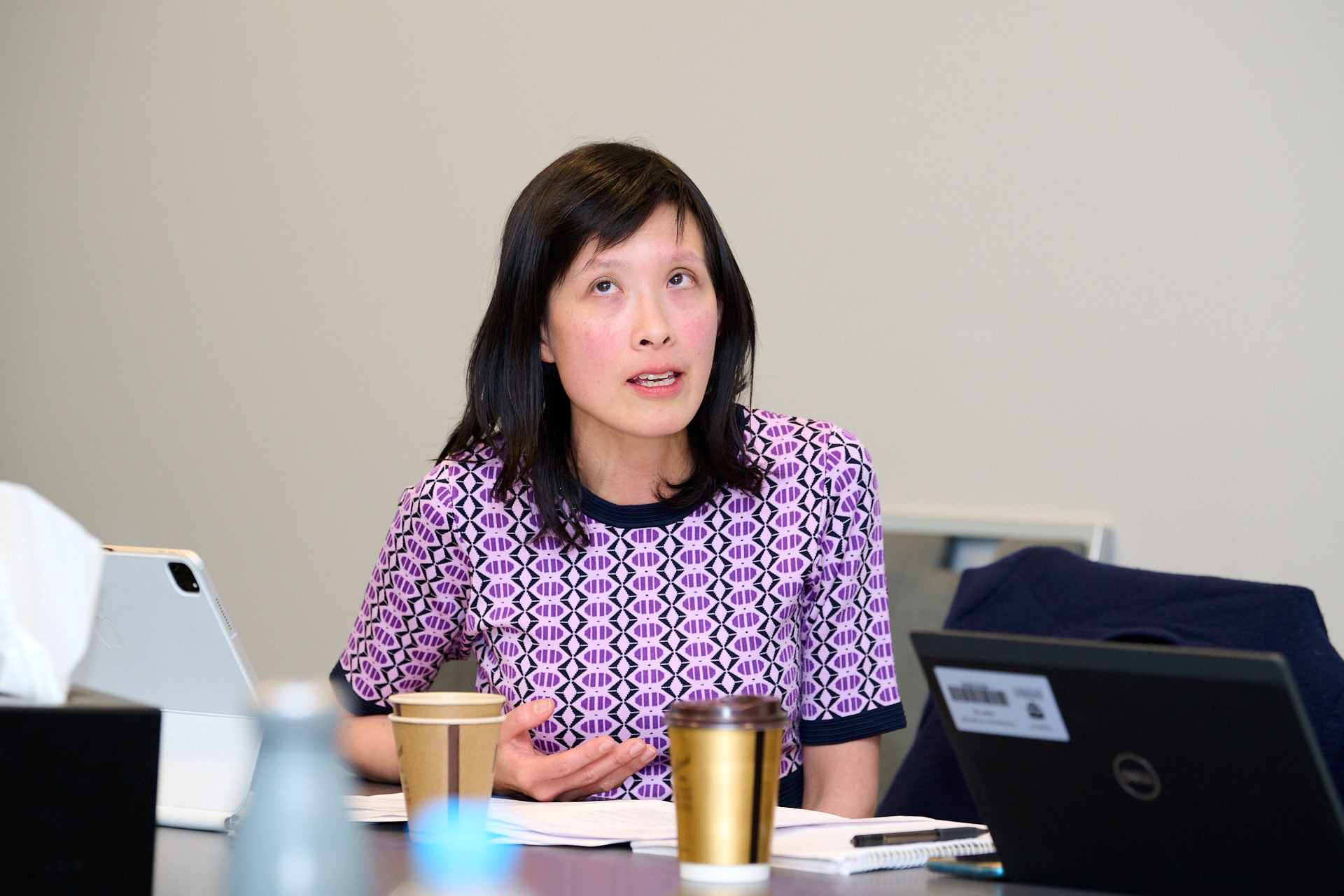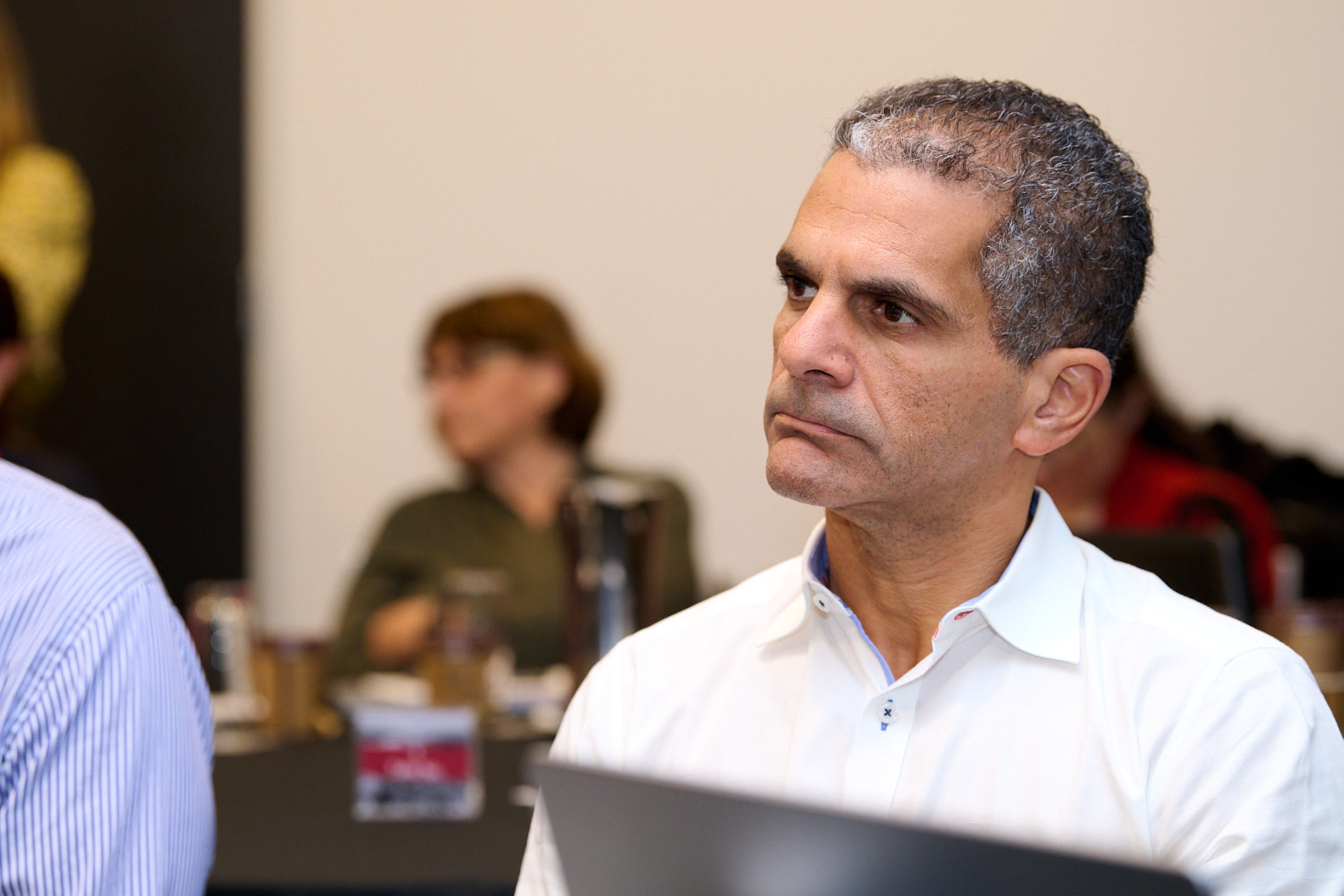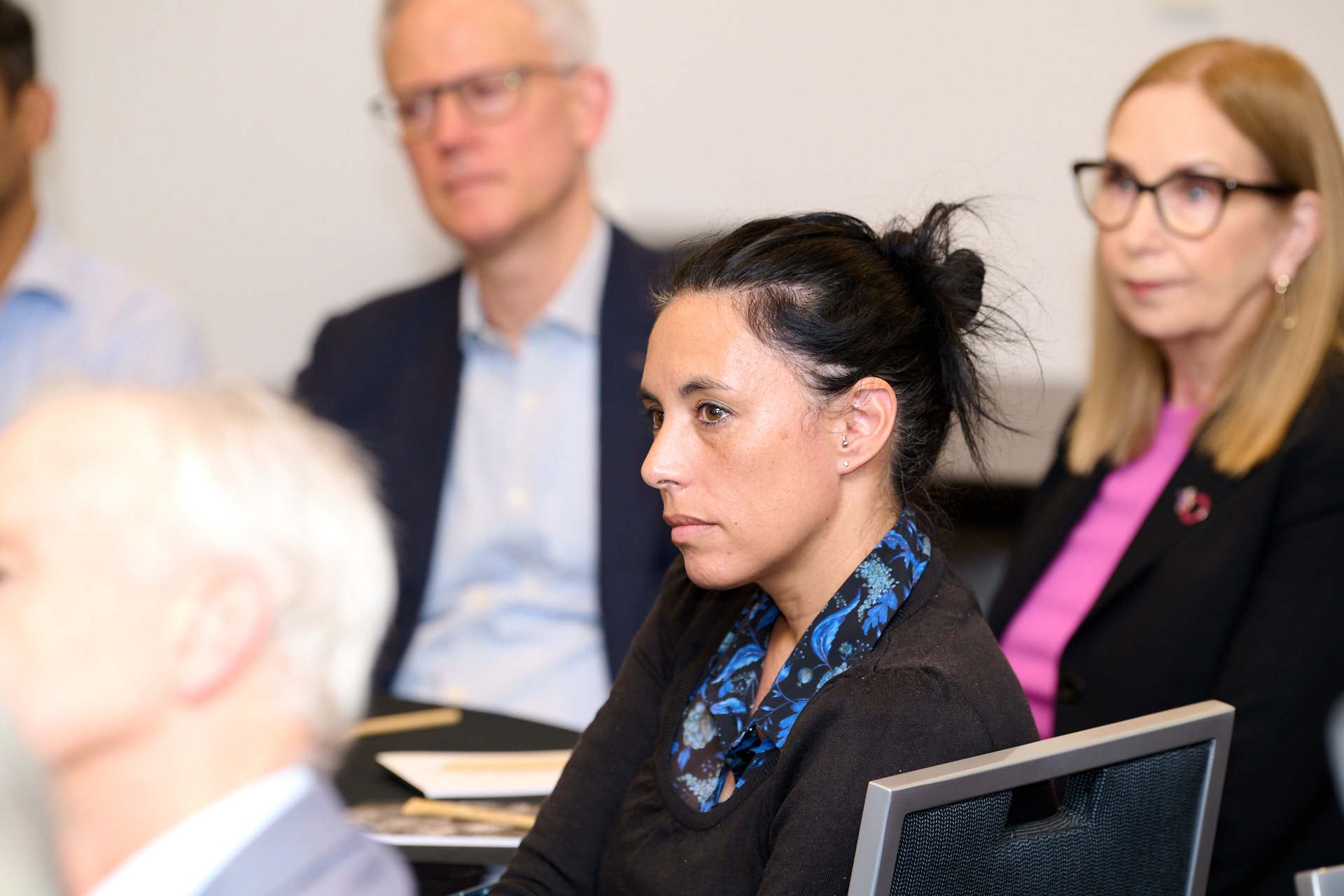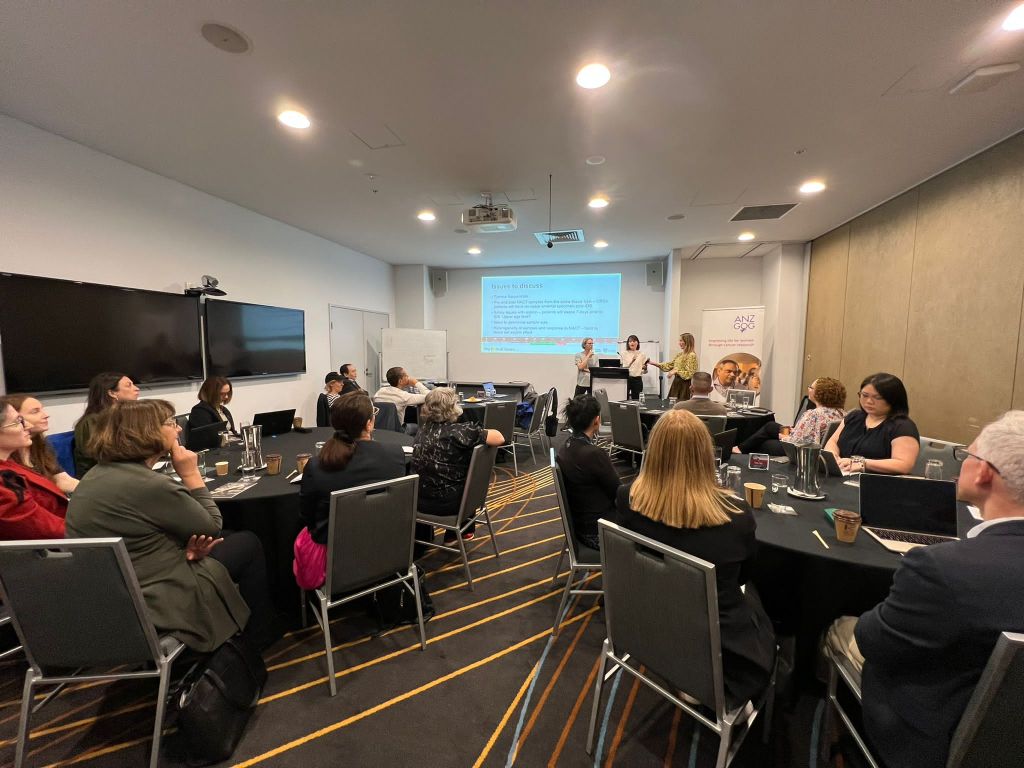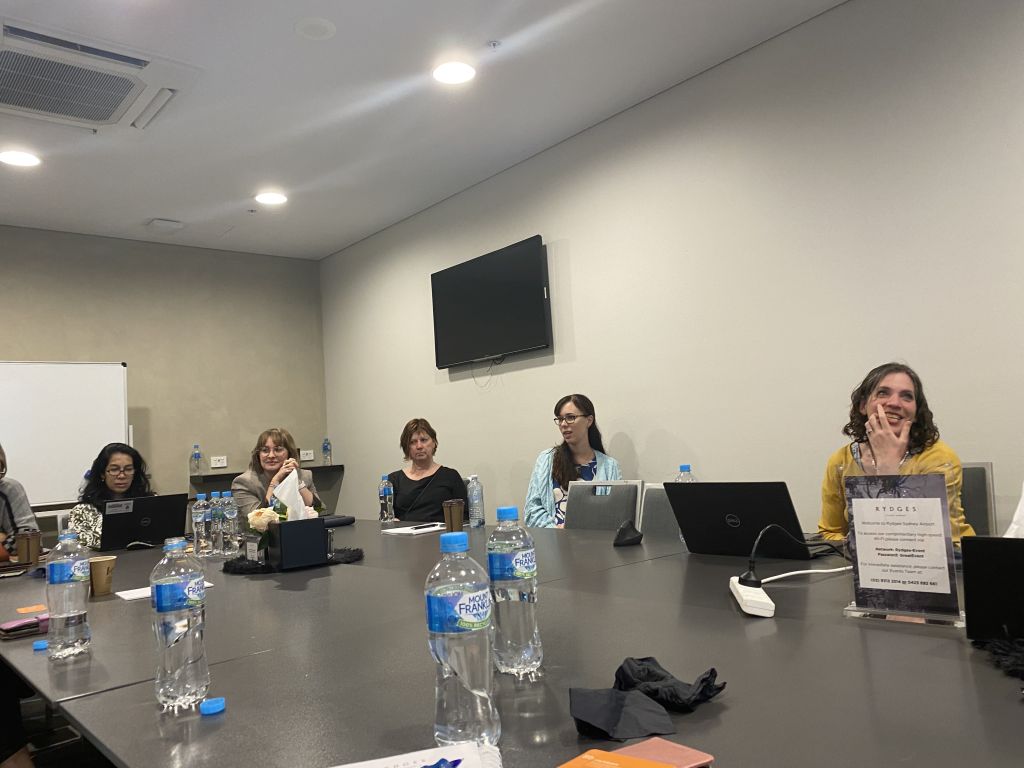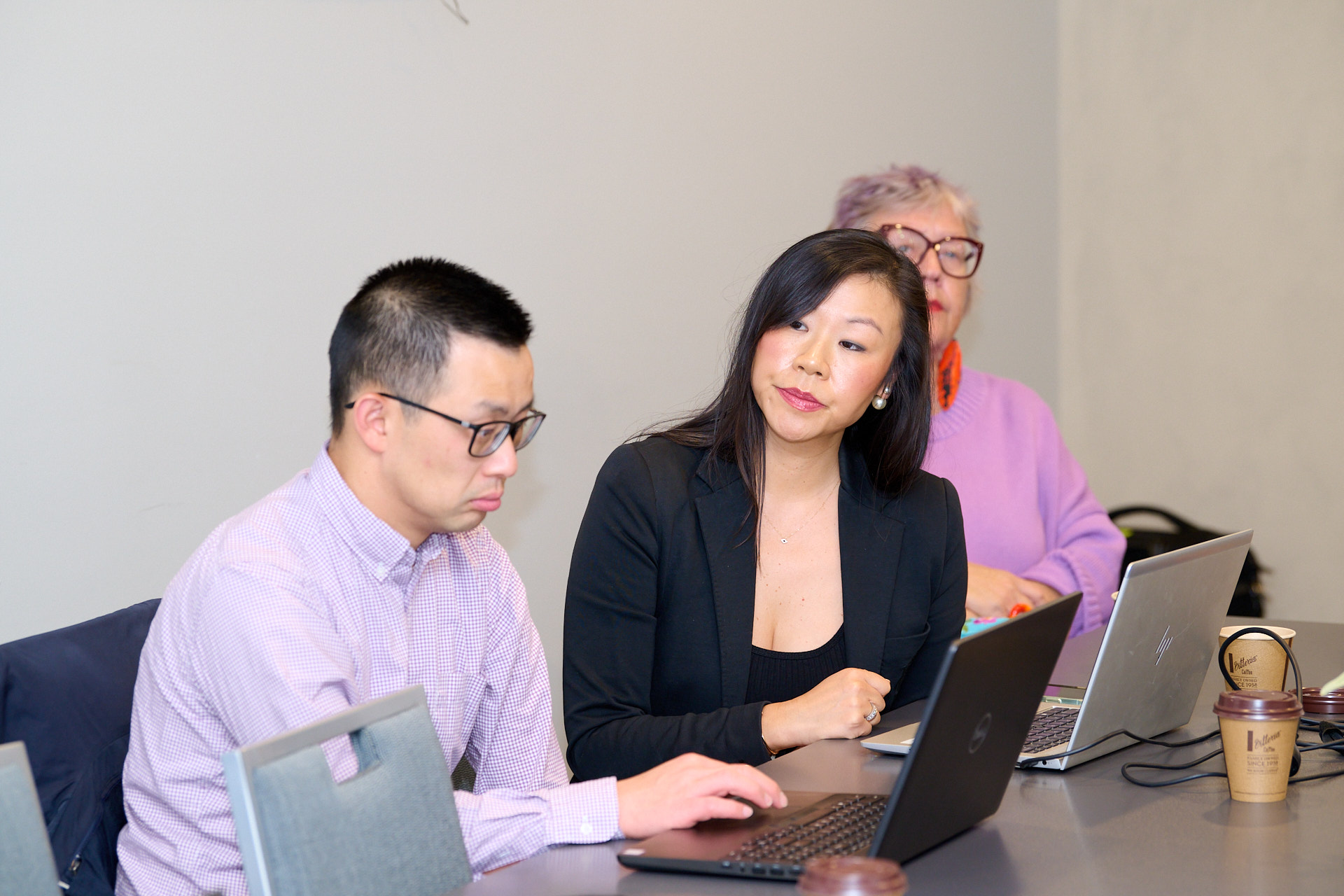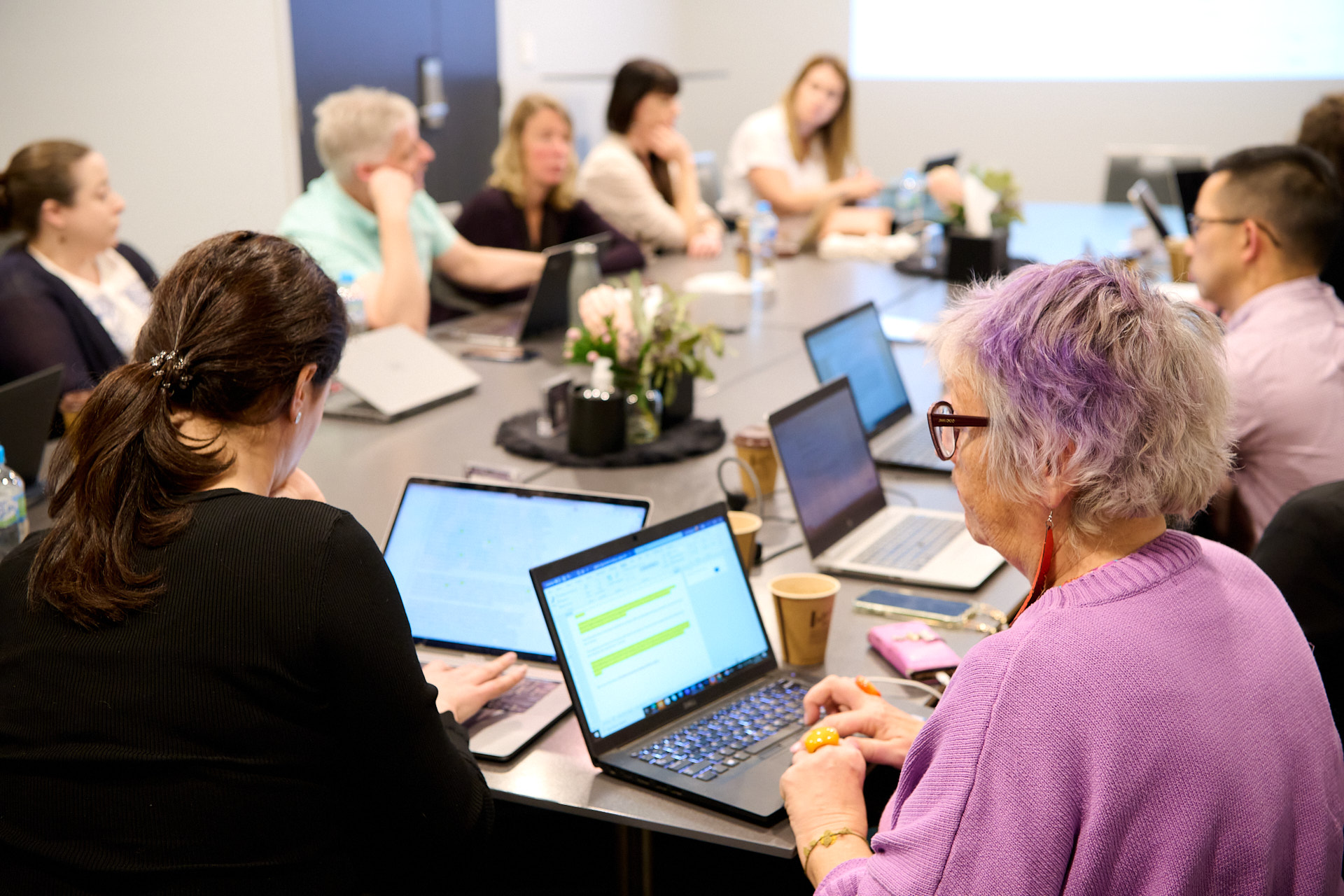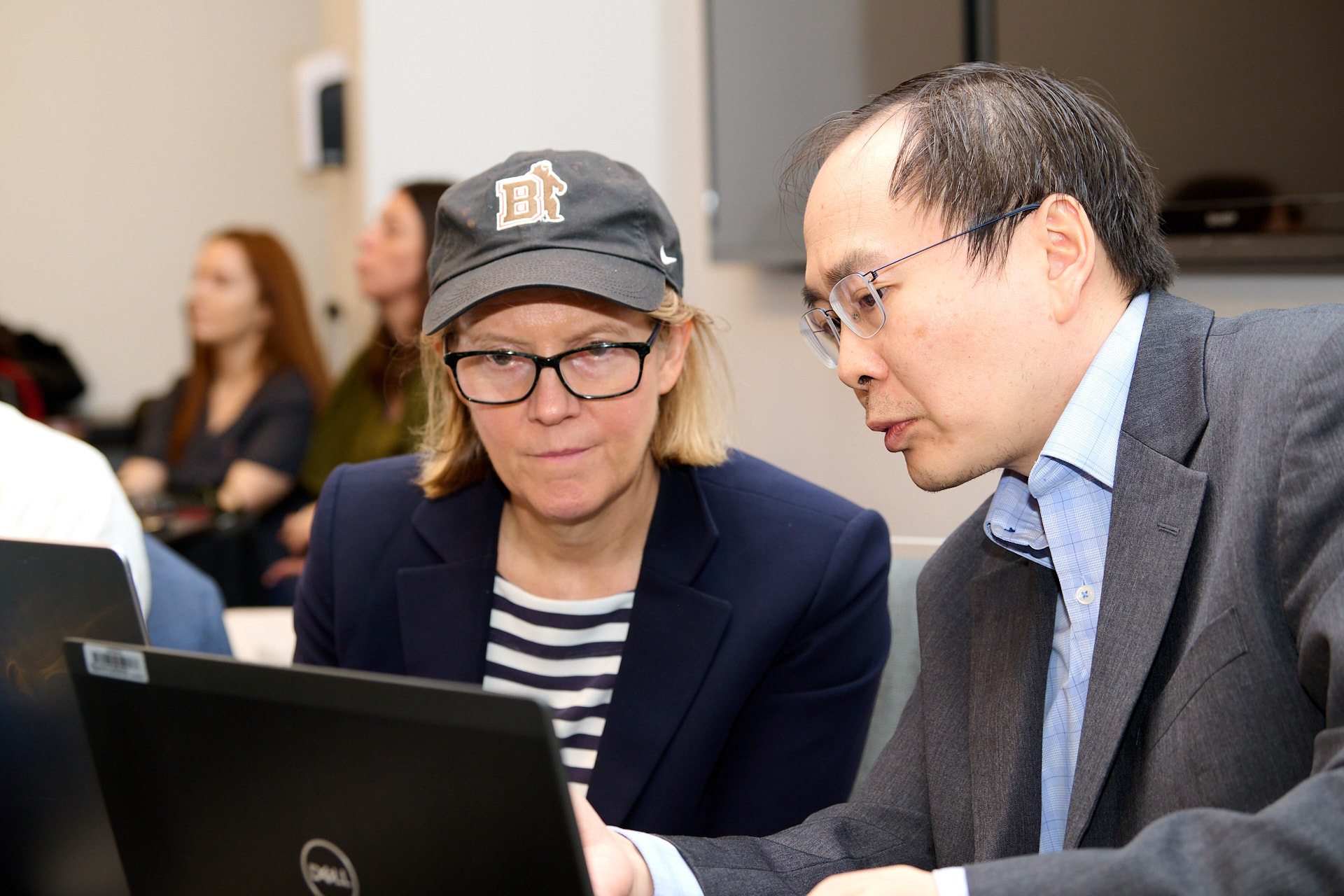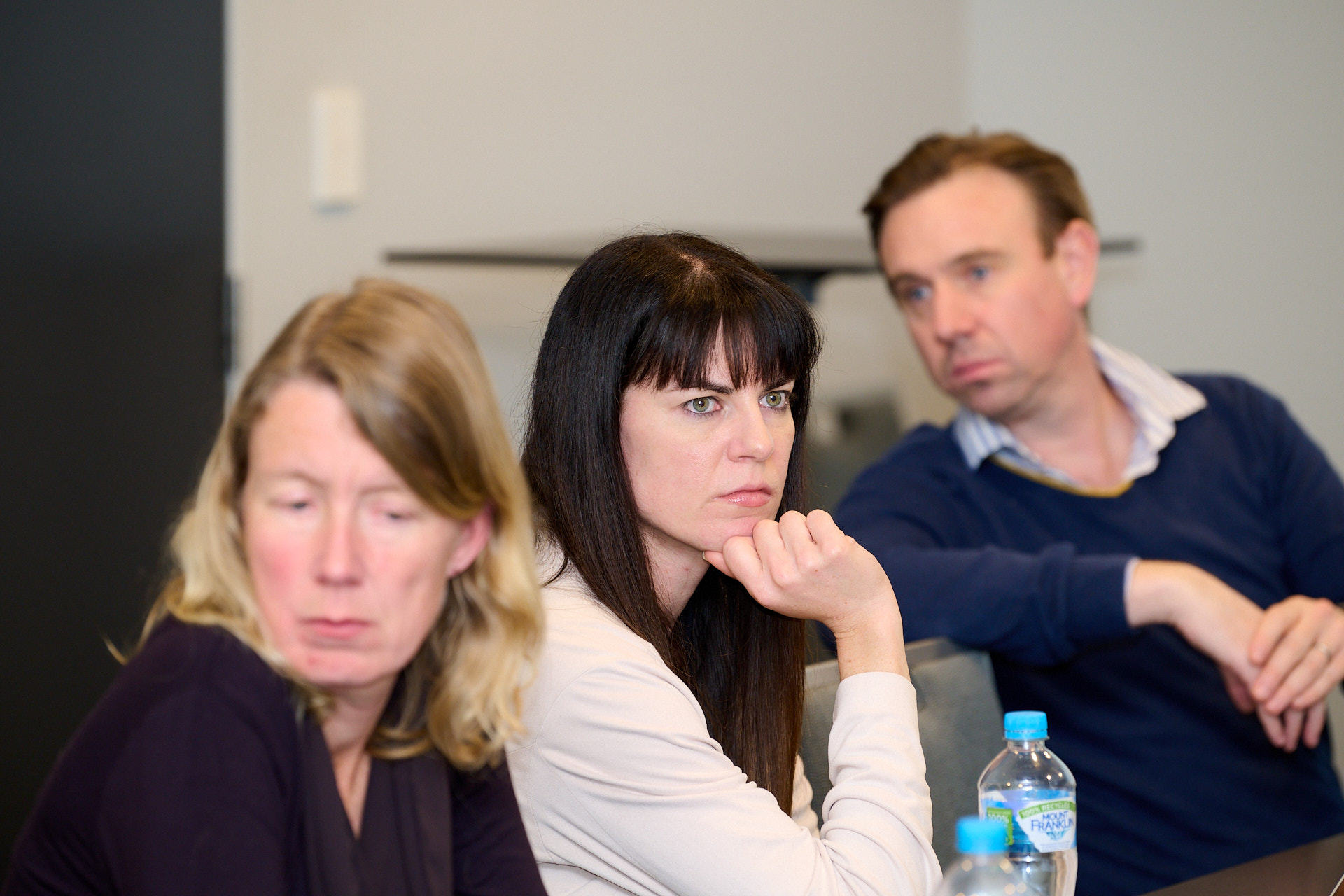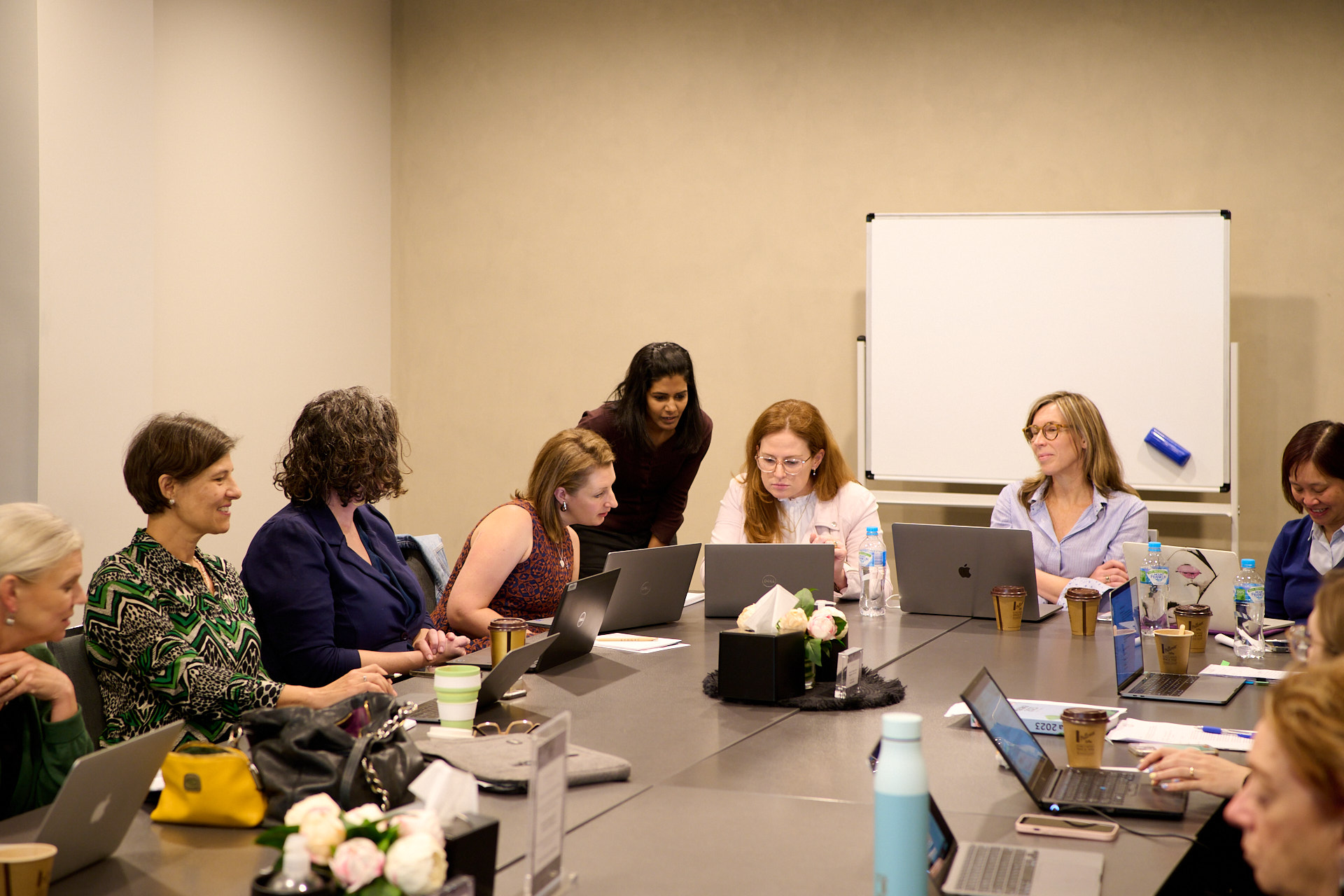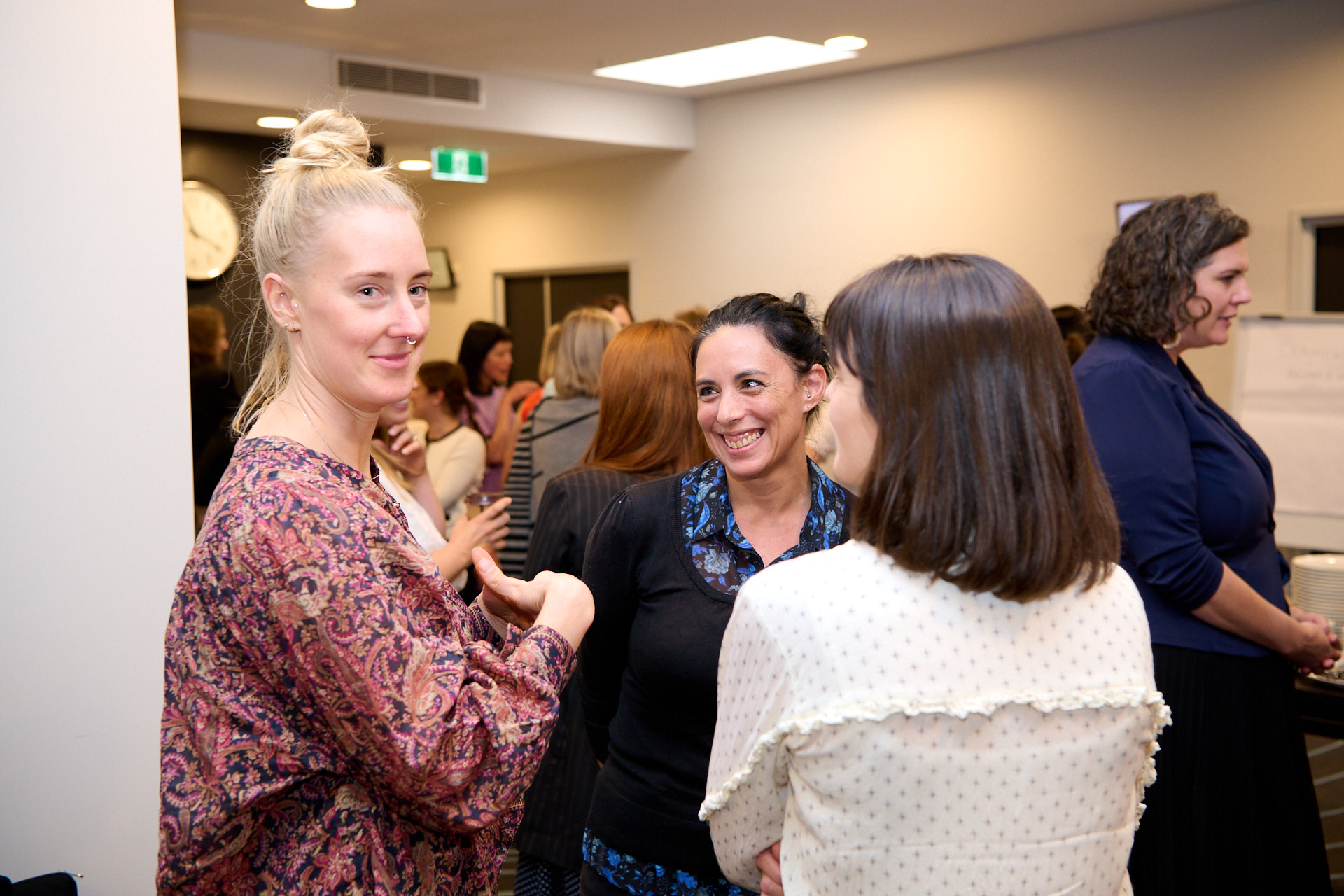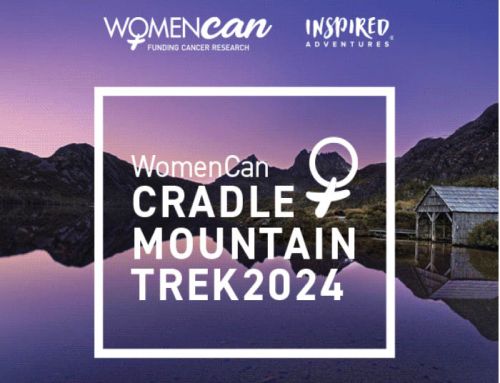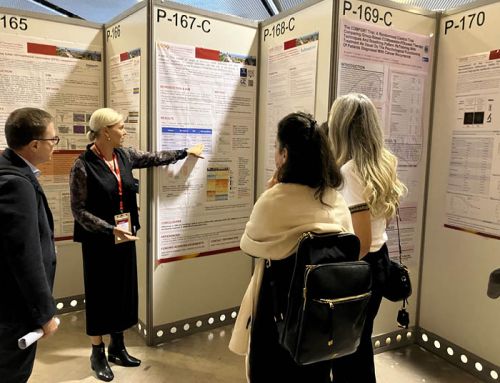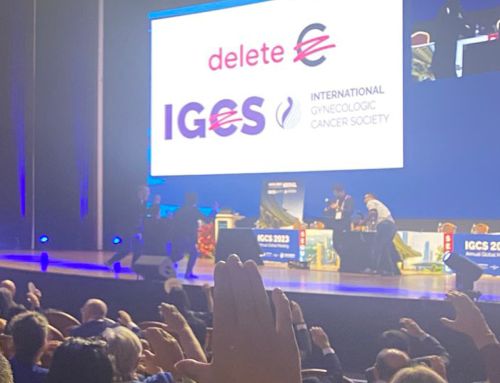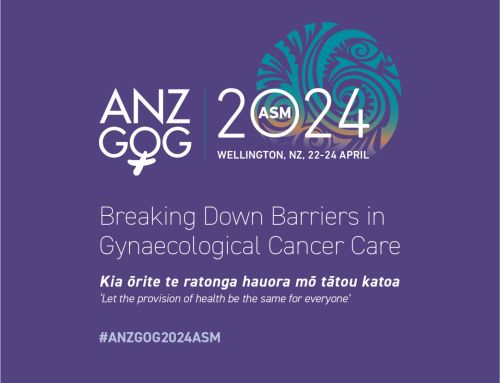On Thursday 26 October, over 80 ANZGOG members across Australia and New Zealand met in Sydney to take part in ANZGOG’s Ideas Generation workshop. The workshop allows members to bring a clinical trial idea to the meeting and utilise the multidisciplinary skillsets of those in attendance to finesse the idea into a formal concept for further development.
This year saw several ideas presented across each of ANZGOG’s three Tumour Working Groups (TWGs) – ovarian, uterine, and cervical/vulval/vaginal. The ideas presented covered a range of research areas, from prevention all the way through to post-treatment Quality of Life. Encouragingly, many of those presenting ideas were early career researchers who were able to harness the clinical trial prowess of ANZGOG’s senior members to ensure each aspect of clinical trial design was considered to progress each idea towards a fully-fledged trial concept.
As a result of the workshop, many presenters will form smaller working parties comprised of relevant ANZGOG members to continue the development of their idea. Last year’s Annual Scientific Meeting (ASM) saw three concepts presented that came from the previous Ideas Generation workshop, and our hope is that we will be in a similar position for next year’s ASM in Wellington, New Zealand.
The ANZGOG Study Coordinators Committee members from Australia and New Zealand also held a workshop at ANZGOG’s Research Development Day. The workshop allowed for an insightful round table discussion about trial management systems, solutions, and innovative electronic systems. The workshop also gave the committee members an opportunity to come together to discuss and finalise the agenda for the Study Coordinators workshop at the ANZGOG ASM 2024, which is going to be held in Wellington New Zealand. We were very lucky to have guest speaker Dr Lisa Eckstein, director at CT:IQ, come and provide a presentation on CT:IQ The InFORMed Project. The presentation gave insight into how the project is redesigning the participant information sheet and consent form (PICF). There was a lot of excitement in the room about the redesigned PICF, and how this could support the efficiency and impact of health and medical research by providing a participant-centred, simplified, national PICF.
The event not only provided a platform for the exchange of ideas but also strengthened the sense of community among ANZGOG researchers. A big thank you to everyone who made this event a huge success!

